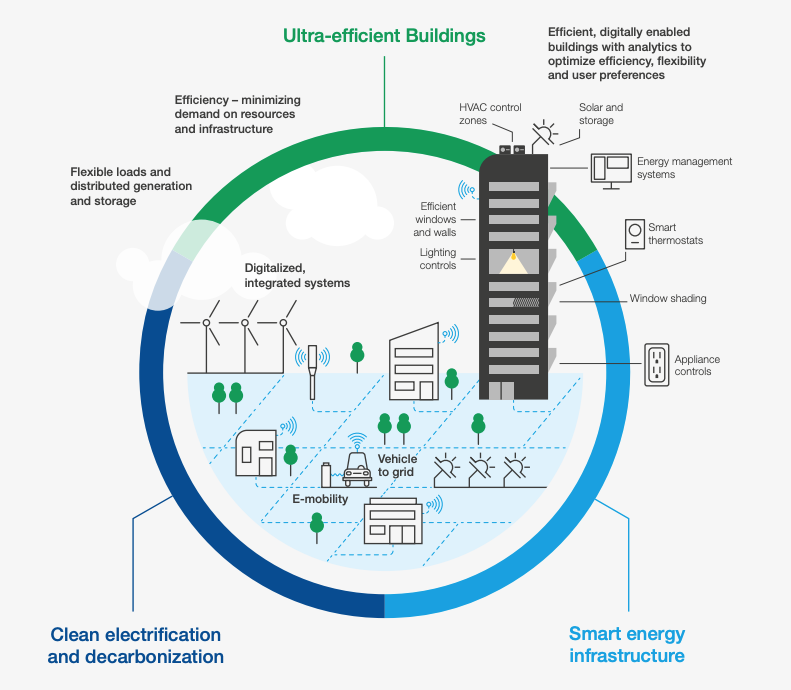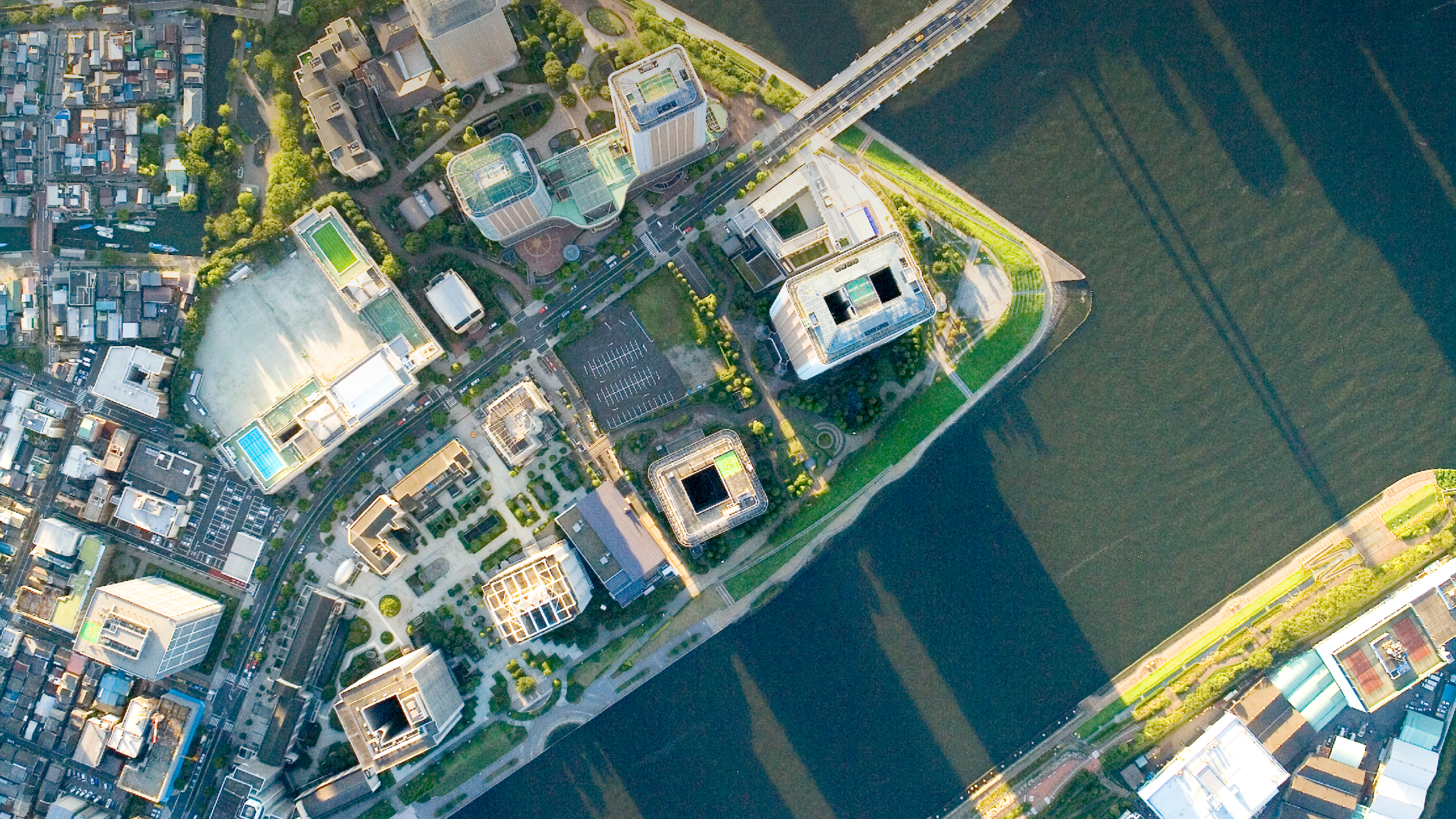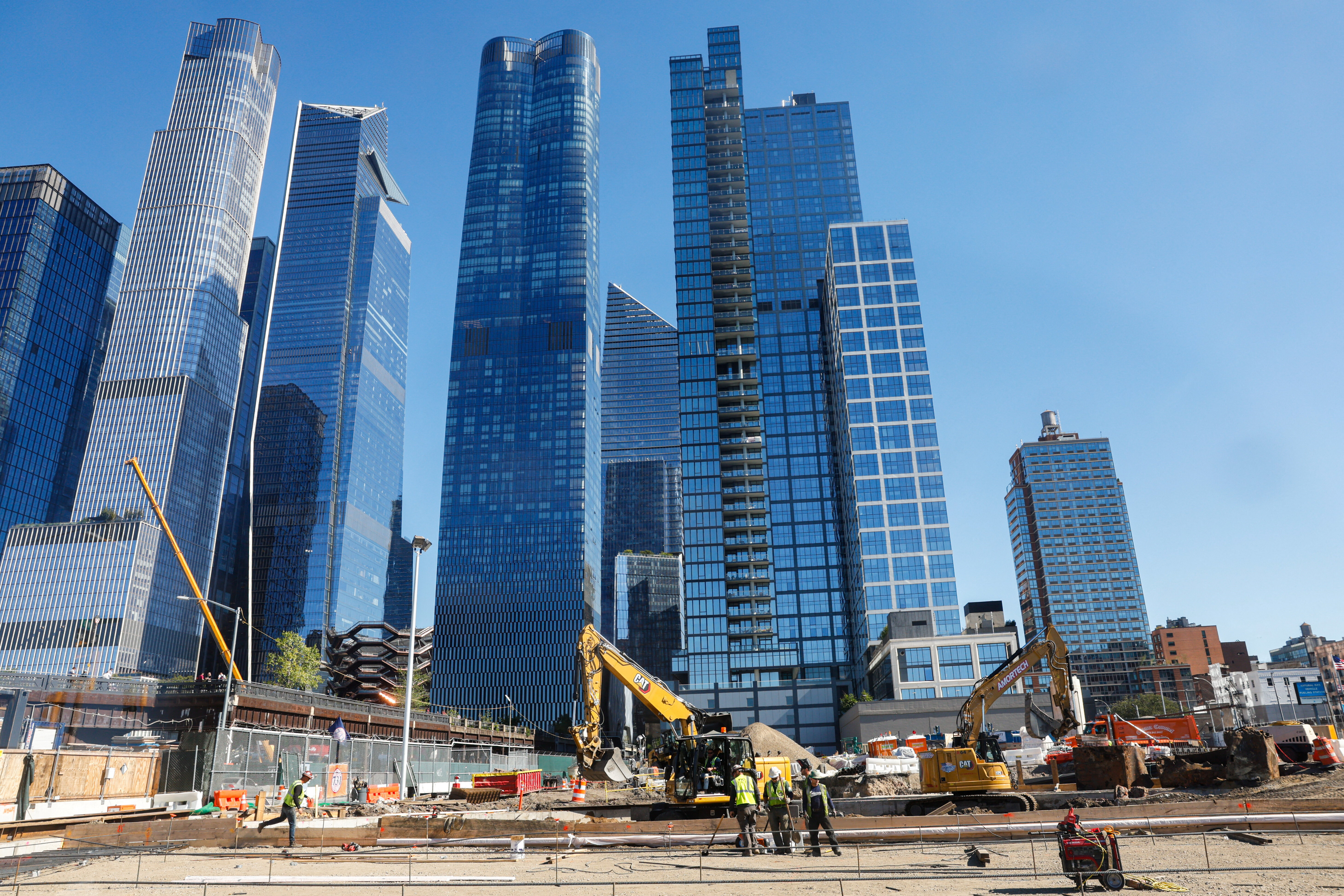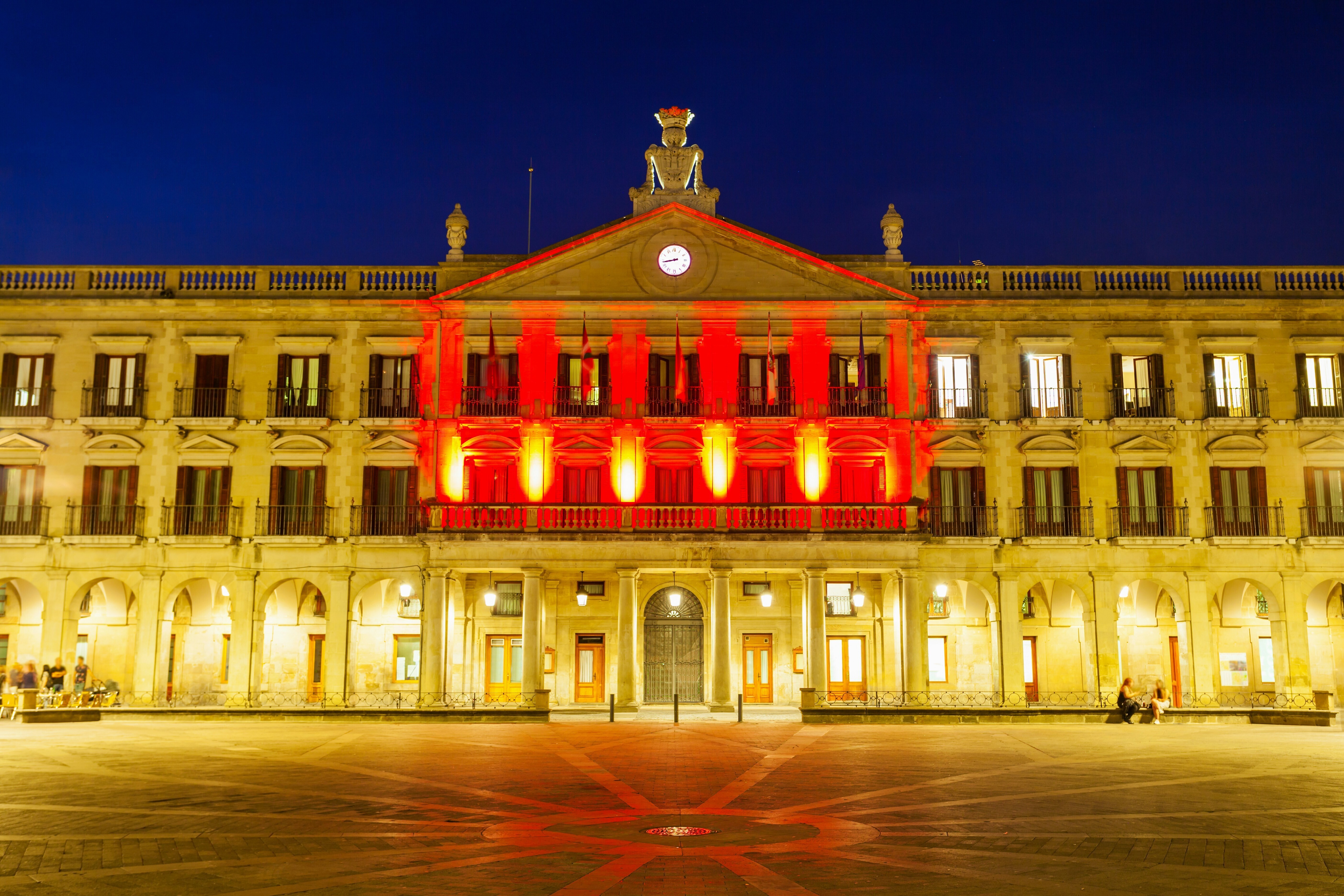These 10 cities are leading the way with plans to cut carbon emissions

The EU is on track to reduce greenhouse gas (GHG) emissions by at least 40% by 2030 Image: Unsplash/Laurie Decroux
- Ten cities have received the EU Mission Label award, which recognizes their plans to achieve climate neutrality by 2030.
- The 10 cities are Cluj-Napoca, Klagenfurt, Madrid, Mannheim, Sønderborg, Stockholm, Valencia, Valladolid, Vitoria Gasteiz, and Zaragoza.
- Urban systems and cities have a critical role to play in achieving the global green transition, according to the World Economic Forum report on Delivering Climate Resilient Cities Using a Systems Approach.
Europe is encouraging its cities to be at the forefront of decarbonization with a new accreditation for those that are leading the way.
Ten cities have received the EU Mission Label award, which marks a step toward climate neutrality. The award recognizes ambitious Climate City Contracts (CCCs), which are concrete plans and roadmaps for achieving climate neutrality by 2030.
The 10 cities are Cluj-Napoca in Romania, Klagenfurt in Austria, Madrid in Spain, Mannheim in Germany, Sønderborg in Denmark, Stockholm in Sweden, and Valencia, Valladolid, Vitoria Gasteiz, and Zaragoza in Spain. Each one has demonstrated clear commitments, action plans, and investment plans.
The EU is on track to reduce greenhouse gas (GHG) emissions by at least 40% by 2030, falling short of the agreed 55% reduction target outlined in the European Climate Law. In the long term, the EU's goal is to become climate neutral by 2050.
What is the Forum doing to help cities to reach a net-zero carbon future?
Cities are central to achieving climate neutrality by 2050. While they take up just 4% of the EU’s land area, they are home to 75% of EU citizens. Cities also consume more than 65% of the world’s energy and account for more than 70% of global CO2 emissions.
The urgency to combat climate change calls for more action to transform urban systems and cities, according to the World Economic Forum report on Delivering Climate Resilient Cities Using a Systems Approach. It advocates an approach that promotes integrated governance, and fosters collaboration among stakeholders.
The Forum report recommends engagement with relevant stakeholders and a transition from a sectoral approach to a systems-based approach.
For the 10 cities, receiving the EU Mission Label is a significant achievement, but they must continue to make progress and innovate. The aim is that those cities that have been awarded the label can serve as a model for others, inspiring greater collective momentum.

For one of the cities, Madrid, that approach combines sector-specific initiatives, regulatory changes, and urban naturalization projects. It has specific targets in place to reduce its greenhouse gas emissions, and a roadmap that identifies specific sectors, for example residential, services, and transportation, which collectively account for 90% of emissions.
Sustainable mobility is a key part of any plan, and Madrid's initiatives encompass promoting safe public transport, teleworking, and flexible work hours. Its plan also mentions greening parts of the city, for example via the Metropolitan Forest project.
Other examples highlighted in the plan include a "Regulatory Sandbox" – that aims to identify and remove policy barriers that hinder decarbonization efforts.
Don't miss any update on this topic
Create a free account and access your personalized content collection with our latest publications and analyses.
License and Republishing
World Economic Forum articles may be republished in accordance with the Creative Commons Attribution-NonCommercial-NoDerivatives 4.0 International Public License, and in accordance with our Terms of Use.
The views expressed in this article are those of the author alone and not the World Economic Forum.
Stay up to date:
Cities and Urbanization
Forum Stories newsletter
Bringing you weekly curated insights and analysis on the global issues that matter.









